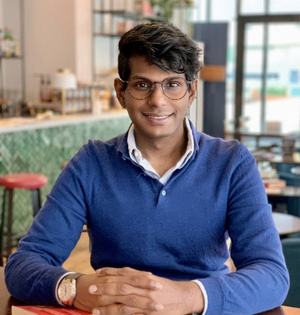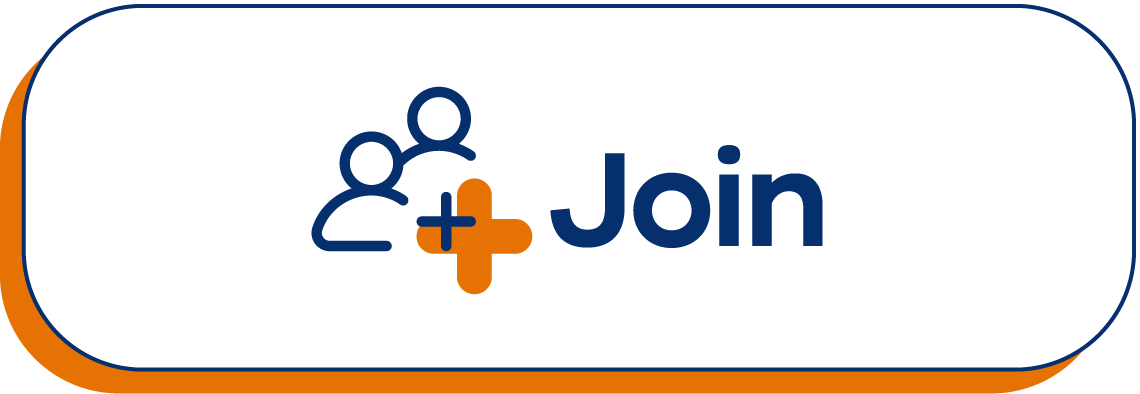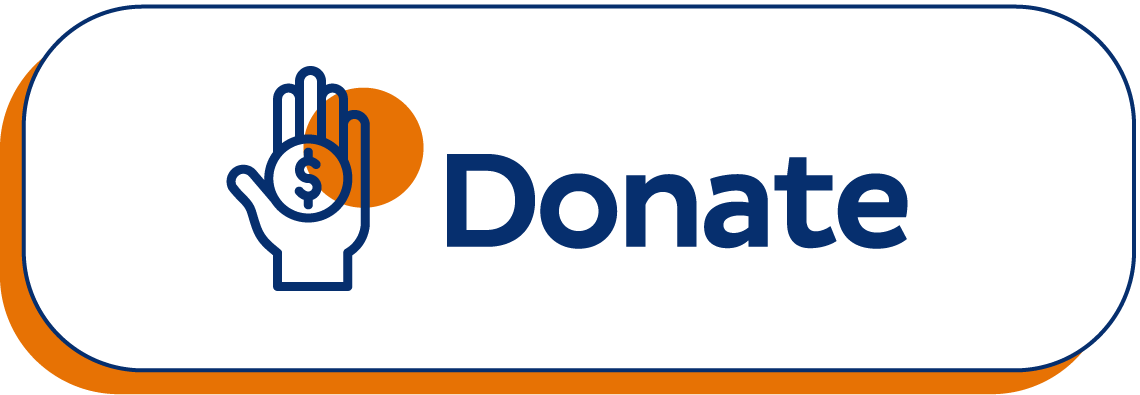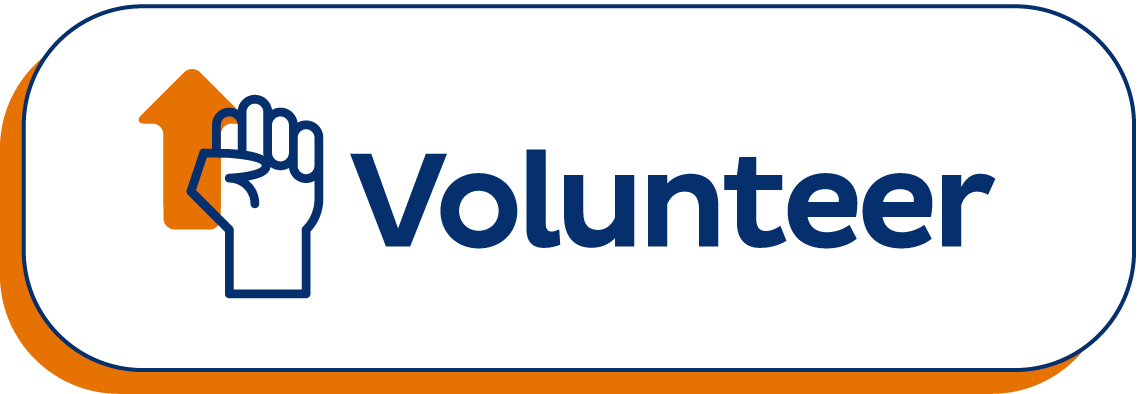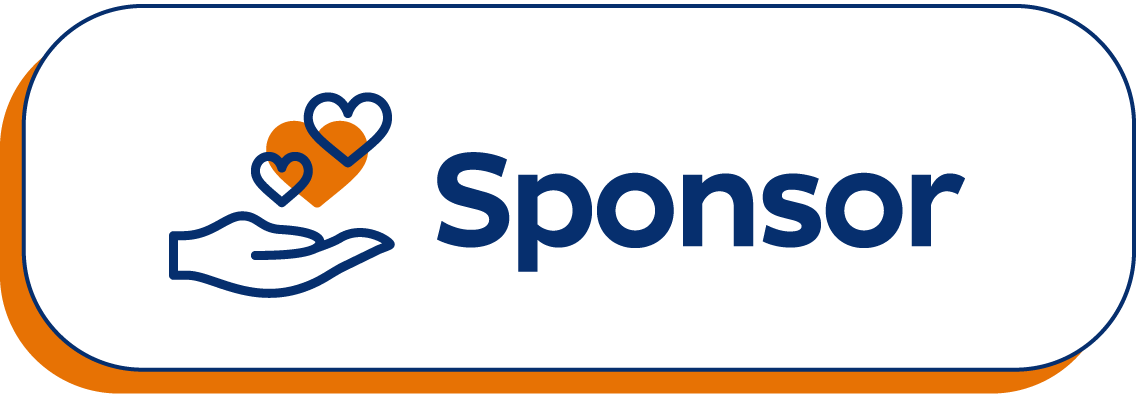| Ajay Gopal Founder and CEO of Tinvio Bachelor of Business Administration – Finance (2016) Ajay had a colorful time in NUS where he completed his Bachelor’s Degree in Business Administration (Finance), was part of the residential college programme at Tembusu College, and participated in the NUS Overseas Colleges (NOC) Programme where he studied at Stanford University for a year. Currently, Ajay is the Founder and CEO of Tinvio, a B2B transactions platform which helps small-medium merchants and suppliers manage orders, invoices, and payments through a chat-led interface. He’s also built a well-rounded portfolio of having successfully ventured into entrepreneurship on various occasions, as well as being an ex-Investment Banker at Credit Suisse. |
What was the reason behind your initial interest in investment banking, and eventually, your pursuit of entrepreneurship and founding your own company, Tinvio? I started off my journey of entrepreneurship quite early on in my life, even before I started university in NUS Business School. My first start-up that I founded was something I tried out before entering NUS, which eventually won the Mediacorp Canon Young Entrepreneur award in 2010, and allowed me to get some funding and exposure, essentially being my first push into entrepreneurship. Upon joining NUS, I took the module CS3216 (Software Product Engineering for Digital Markets), under Professor Ben Leong. This module brought together students of different disciplines, and my group’s project was named Touch Appetit, which was a mobile analytics startup that helps restaurants drive repeat customer engagement. Within 6 months, Touch Appetit was acquired by Acromobile for synergies with their Salesforce-powered enterprise platform. Following this, as part of the NUS NOC Programme, I did a full-year internship at Loop Commerce, which was venture-backed by Paypal in the Silicon Valley, and I eventually went back to work with this company for a while as a Product Lead. Even though I studied Finance, I was always closer to the world of startups and tech. In 2016, I left the US to do my MBA in INSEAD and went on to do Investment Banking at Credit Suisse in London in 2017 and 2018. I chose investment banking at that time because I did not have the passion to solve any problem and build yet, and IB was the most economically lucrative in Europe. After my 2 years in Credit Suisse, I left the company for the buy-side, in venture capital, for a global investor Rocket Internet. During my time at Rocket Internet in Berlin, I saw a couple of pain points within B2B Payments and Transactions and saw the opportunity and the potential for me to create a product that would work in Asia. This opportunity eventually led to me founding my own company, Tinvio, a B2B transactions platform that helps small-medium merchants and suppliers manage orders, invoices, and payments through a chat-led interface. With my previous experience in investment banking, I also had experience in M&A and IPOs for Fintechs. As such, my background was always related to payments and transactions, which explains why I decided to venture into this sector when I was founding Tinvio. Tinvio has raised nearly US$20 million to date from Sequoia Capital, Appworks, MUFG Bank, Partech, GFC, and operates across multiple countries in Greater Southeast Asia., We have grown to over 5,000 merchants onboard our platform! Please describe a day in your life at your job, and what is your job scope as a CEO? Every day is volatile, but if I could narrow my responsibilities as a CEO into 3 parts, it would be the 3 Rs: 1. Investor Relations - Working with our current investors, reporting KPIs, conveying information that is happening in the market and giving them an idea of what the company is up to. Building new investor relationships are important as well. 2. Public Relations - Stakeholder management, especially with our merchants, suppliers, and the press, and whether we are presenting ourselves to the public in a balanced and transparent way. 3. Human Relations - Building a team, mentoring the team, hiring, and firing, compensations and establishing the organizational design and structure. Additionally, aside from my CEO role, I also hold the role of a CPO (Chief Product Officer) and CFO (Chief Financial Officer), hence everything that is related to finance and product reports to me as well. As an ex-investment banker, handling the role of a CFO is and will be comfortable for the long-term. However, eventually, I do hope to “fire” myself from the role of CPO, but only when I have found my better half to handle that role, someone that I can trust to do the job well. What are some highlights and challenges you face in your job? A challenge that I face at my job as a CEO out of the 3Rs would be Human Relations, where building a team and finding good people for the roles is something that has not been easy. Even after the hiring stage, there is always a challenge in retaining good people. Everyone has a different learning curve and given the fast-paced nature of venture-backed startups, it is tough to support everyone’s individual experiences and learning curves. Another thing would be culture, whereby there are many subjective questions surrounding what good culture is, bad culture, and how to establish it. Looking back at my time in school where I had to take the various MNO classes, which I thought were extremely fluffy, have some relevance in work today. Talking about the highlights of being a Founder, it would be Human Relations as well. When I started the company, having the first few people join the company and take the bet on you, and eventually grow within their roles, is something that is really satisfying. An example that I can share is my COO, Tedo, at Tinvio, who first joined the company as a country manager in Indonesia. He was so talented that I moved him up to GM in Indonesia, VP for the region, and now COO. That is because he has shown that he is incredibly capable, having given him the room to make mistakes and grow from them. Another example would be my Product Lead, where she is in this position at the young age of 24, after joining us as a Customer Success Intern. She’s grown phenomenally into someone I depend on for everything product related. Seeing people grow in these roles and being able to lean on them gives me a sense of satisfaction, giving them the opportunity to grow into who they are today. How would you describe the culture at Tinvio, and as the Founder, how did you establish this culture within the company? In any startup, the culture is established by Founder DNA, which essentially is the personality and style that the founder has. This usually flows down to the first 3-5 people joining the company, which are people that like my personality and working style, forming the starting team in the company. Eventually, as the team expands, the culture continues flowing from the founder to the starting team, and to the employees. With that said, in the first year, I was really focused on the growth of Tinvio and raising capital fast, and I did not really focus on ensuring that all employees fit the culture. While the first 5 people fit into the culture very well because they were interviewed by me and work with me daily, the next 30-50 people did not really, as they only saw parts of me and interacted mostly with others (i.e., the Founder DNA gets diluted as degrees of separation increase). One of the things I did was create a guide on what it was like to work with me and a snippet of the culture at Tinvio. All interview candidates and employees get a copy of the guide, so they can see for themselves if this culture fits them. Essentially, this is how the culture gets distilled within the company as it expands. Link to the guide: https://tinvio.slite.com/p/note/MuCepo3c6JRo3b7tfuFLJx The core commitments that Tinvio expects of their employees are: 1. Pixel Perfection (detail oriented, no room for carelessness), 2. Shut the fluff (direct and efficient approach), 3. Break things fast (make mistakes fast and learn from it). What are some key trends and developments in the B2B payment transactions industry? B2B transactions are currently at the start of a very long and exciting capital rich cycle. In the past 5-10 years, there has been much effort spent by various companies trying to digitize the B2C transaction. The transactions that we all make as consumers are largely digital today. However, B2B is still so boomer, where transactions are in cash, check, and manual transfers. A lot of companies are now trying to enter this space, and I can expect to see more venture capital funding and financing pouring into this space. M&A consolidation will also start to heat up here, since it does not take so many individual startups to solve the 5-6 thematic problems that the industry faces. What are some skills and programmes that you think will help current NUS Business students follow your footsteps? One of the most symbolic things that I have taken away from NUS is the NOC programme. I am a strong believer of the NOC programme as I think it is something that puts Singaporeans outside of their small bubble and gets them to learn in a different and maybe better learning environment. NOC is one of the biggest catalysts for my career and was the springboard for me to do what I do today. I recommend all students to give it a shot, and for all students that can make it into the programme, do make the most out of it. If not NOC, do as many part-time or full-time internships as you can in high-velocity or high-impact companies. While you’re young, embed yourself in the grind and hustle. This compounds significantly over time. (FYI -- Tinvio’s always hiring! Check out the NUS portal for roles!) Specific to investment banking, what is necessary for this industry is to speak well, look confident, be intuitive with numbers and convey your passion for finance concisely. Some tangible things you can do to get into banking is a big follower of the financial markets. This includes M&As, IPOs, and global macro market trends. Another thing is to ensure that your corporate finance and financial valuation knowledge is solid. To be a founder and CEO, what is important is the hustle, you must be willing to take the risk, make sacrifices, and put in the extra hours, and constantly keep a lookout for opportunities to try new things even if you don’t know if it will work. Hustle, with the ability to take risks, is what makes a good entrepreneur. No risk, no returns. Key to Success: "Hustle, with the ability to take risks, is what makes a good entrepreneur.” Interviewer/Editor/Writer: Kiara Chern Ze Yee, NUS BBA Year 2 |

